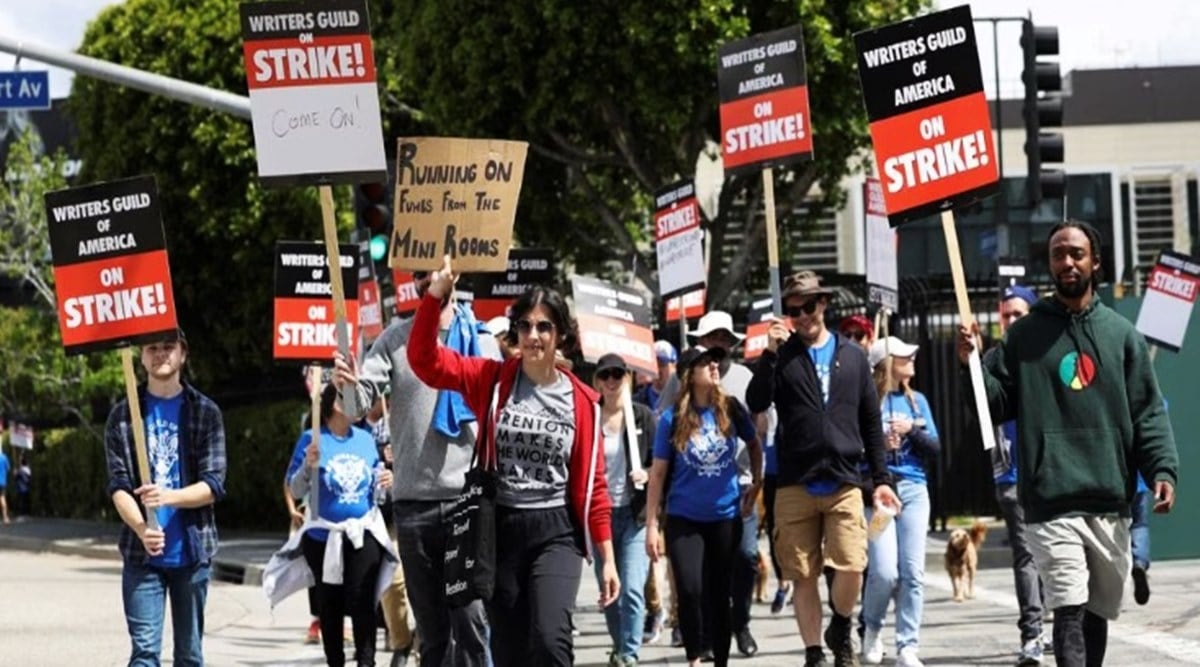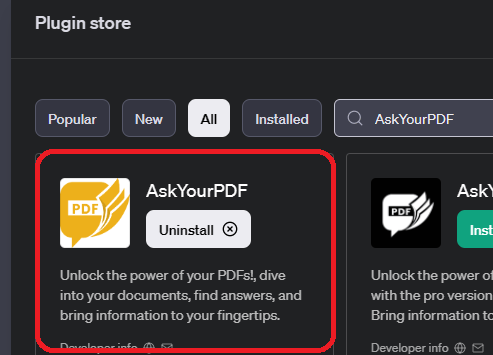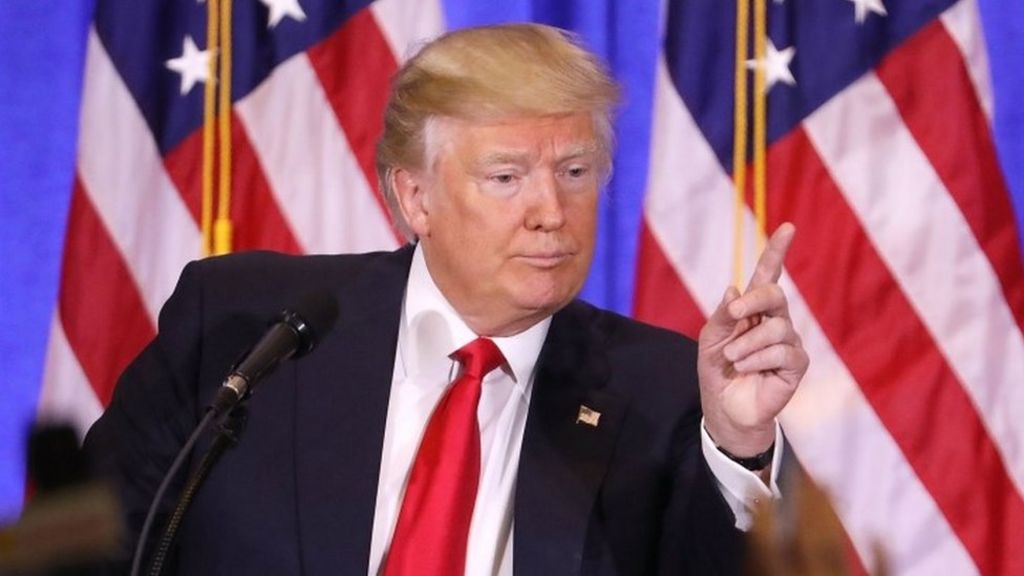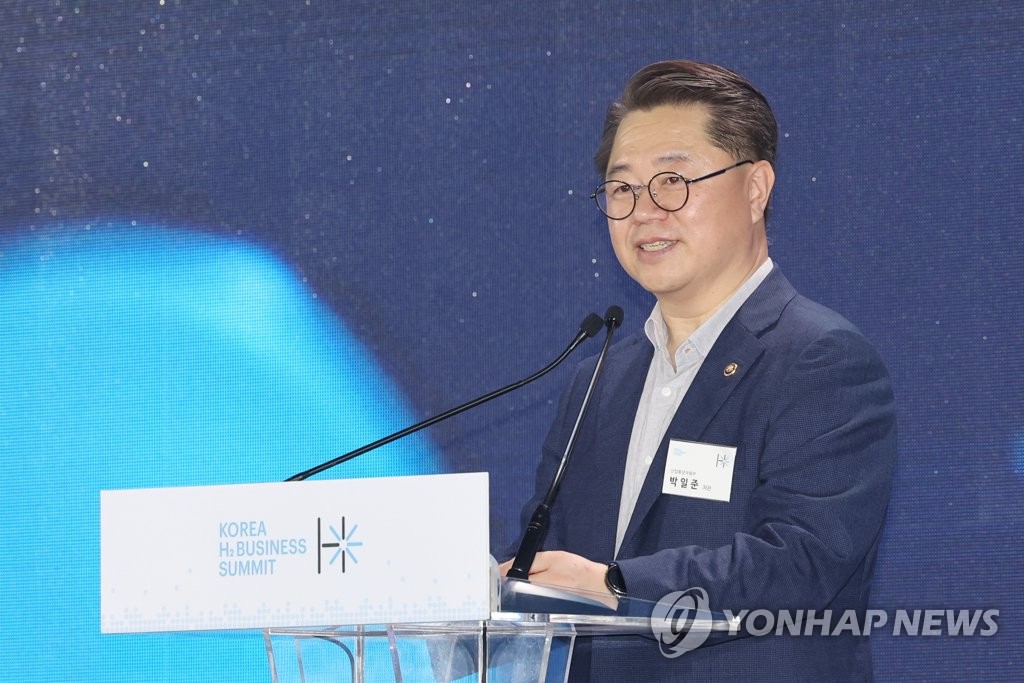Double Strike Cripples Hollywood: Writers And Actors Demand Fair Treatment

Table of Contents
The Writers' Demands: Fighting for Fair Compensation and Creative Control in the Streaming Age
The Writers Guild of America (WGA) strike is fueled by a desire for fair compensation and creative control in an industry rapidly transforming due to the rise of streaming services. This Hollywood strike highlights critical issues threatening the livelihoods and creative freedom of writers.
Diminishing Residuals: The Streaming Era's Impact on Writer's Compensation
The traditional television model offered writers residuals – payments made each time their work aired – providing a substantial portion of their income. However, the streaming model has drastically altered this landscape. Streaming residuals are significantly less lucrative than their traditional counterparts.
- Traditional Television: Writers received residuals for each broadcast of their episodes, often generating substantial income years after a show’s initial run.
- Streaming Model: Streaming services typically offer a single payment for a writer's work, regardless of how many times their episode is viewed. This dramatically reduces the long-term income stream for writers, leading to financial instability.
- For example, a writer who worked on a successful sitcom might have earned significant residuals for years under the old system. Now, their income is confined to the initial payment from the streaming platform, regardless of the show's global success. This impacts fair compensation significantly.
AI Concerns: Protecting Writers from AI Exploitation
The WGA is deeply concerned about the increasing use of artificial intelligence (AI) in writing, fearing it could displace human writers and undermine their creative control. The use of AI in writing is a key part of this Hollywood strike.
- The WGA is advocating for safeguards that prevent the unauthorized use of writers' work to train AI programs. They're pushing for regulations around AI-generated scripts.
- Ethical considerations surrounding AI's role in creative processes are central to the WGA's concerns. The union argues that AI should be a tool to assist writers, not to replace them.
- These AI safeguards aim to protect both the intellectual property rights of writers and ensure the preservation of human creativity in the storytelling process.
Minimum Staffing Levels: Ensuring Quality and Fair Working Conditions
Adequate staffing levels are crucial for maintaining the quality of television and film productions and ensuring fair working conditions for writers.
- Insufficient staffing forces writers to work longer hours, compromising the quality of their work and their well-being. This Hollywood strike aims to address these issues of fair working conditions.
- Reduced staffing often leads to rushed scripts, negatively impacting the final product. This compromises the quality for viewers while simultaneously harming the writers involved.
- The WGA is advocating for minimum staffing levels to guarantee fair working conditions and promote a healthy creative environment.
The Actors' Struggle: Addressing Fair Wages, Working Conditions, and AI Concerns
SAG-AFTRA's participation in this Hollywood strike highlights the challenges actors face regarding fair wages, working conditions, and the increasing use of AI in the industry.
Fair Wages and Residuals: The Impact of Streaming on Actor's Compensation
Like writers, actors are experiencing a decline in income due to the shift to streaming. The lack of transparency in streaming revenue models is a major concern.
- Streaming services often provide actors with a single payment, regardless of the show’s success and viewership, drastically reducing their potential earnings compared to traditional television deals.
- Many actors find it difficult to negotiate fair wages due to the lack of transparency about streaming revenue. They are unable to understand how their performance translates into profit for studios.
- This Hollywood strike demands more transparency and fair compensation for actors working in the streaming industry.
Self-Tape Auditions and Exploitation of Actors: Unfair Burden on Actors
The widespread use of self-tape auditions has placed an undue burden on actors.
- Actors incur costs for equipment, space rental, and the time spent filming and editing self-tapes, without receiving adequate compensation. The costs of self-tape auditions are often disproportionate to the financial return.
- This practice exploits actors by shifting financial and logistical burdens onto them, while providing them with little to no extra pay for additional work.
- SAG-AFTRA is seeking to address this issue through improved working conditions and fairer compensation for self-tapes.
AI and Digital Rights: Protecting Actors' Likenesses
Actors are also concerned about the use of AI and the potential for their likenesses to be used without their consent or proper compensation. This is a crucial aspect of this Hollywood strike.
- SAG-AFTRA is demanding greater control over the use of actors' digital likenesses to prevent unauthorized exploitation. They seek regulations and proper compensation.
- The union is advocating for clear guidelines and contractual agreements to protect actors' digital rights and ensure they receive fair compensation for the use of their images and voices in AI-generated content.
- The potential for AI to replicate actors' performances without their consent is a major concern, prompting the union to seek protection for their members.
The Impact of the Double Strike on Hollywood
The double strike by writers and actors has had a profound impact on Hollywood.
Production Shutdowns: A Widespread Halt in Production
The double strike has brought film and television production to a near standstill.
- Numerous projects have been delayed or cancelled, causing significant financial losses for studios and impacting numerous related industries.
- The strike is disrupting the entire production pipeline, from pre-production to post-production, severely impacting the entire entertainment ecosystem.
- The economic ripple effects of this Hollywood strike are felt far beyond the studios themselves.
Awards Season Implications: Uncertainty Surrounding Upcoming Ceremonies
The timing of the strike has raised questions about the upcoming awards season.
- Award show cancellations or significant format changes are possible. The lack of new content has implications for eligibility and potential events.
- The ongoing strike could drastically alter the traditional awards season calendar and the promotional events surrounding it.
- Uncertainty surrounds the future of awards shows, given the ongoing nature of the dispute and its potential impact on future productions.
The Double Strike's Fight for Fair Treatment in Hollywood
This double strike underscores the need for fair treatment within the evolving entertainment landscape. The key demands of the writers and actors—fair residuals, protections against AI exploitation, fair wages, and improved working conditions—highlight the urgent need for the industry to adapt to the changing dynamics of the streaming era. This Hollywood strike continues to affect the release of much anticipated content.
The core issues driving this Hollywood strike – diminishing residuals, the increasing use of AI, unfair wages, and exploitative working conditions – affect both writers and actors. The double strike represents a powerful collective effort to secure a sustainable and equitable future for creative professionals.
The double strike in Hollywood is a crucial moment for the future of the entertainment industry. Stay informed about the ongoing negotiations and support the writers and actors in their fight for fair treatment and a sustainable future. Search for updates on the "Hollywood strike," "actors strike," or "writers strike" to stay informed about this vital movement.

Featured Posts
-
 Ftc Probe Into Open Ai Examining The Regulatory Landscape Of Ai
Apr 30, 2025
Ftc Probe Into Open Ai Examining The Regulatory Landscape Of Ai
Apr 30, 2025 -
 Trumps Comments On Us Canada Interdependence Ahead Of Canadian Vote
Apr 30, 2025
Trumps Comments On Us Canada Interdependence Ahead Of Canadian Vote
Apr 30, 2025 -
 Israeli Forces Arrest Palestinian Journalist During West Bank Raid
Apr 30, 2025
Israeli Forces Arrest Palestinian Journalist During West Bank Raid
Apr 30, 2025 -
 Lca
Apr 30, 2025
Lca
Apr 30, 2025 -
 Tramb Yhdhr Mstqbl Knda Mrtbt Baldem Alamryky
Apr 30, 2025
Tramb Yhdhr Mstqbl Knda Mrtbt Baldem Alamryky
Apr 30, 2025
